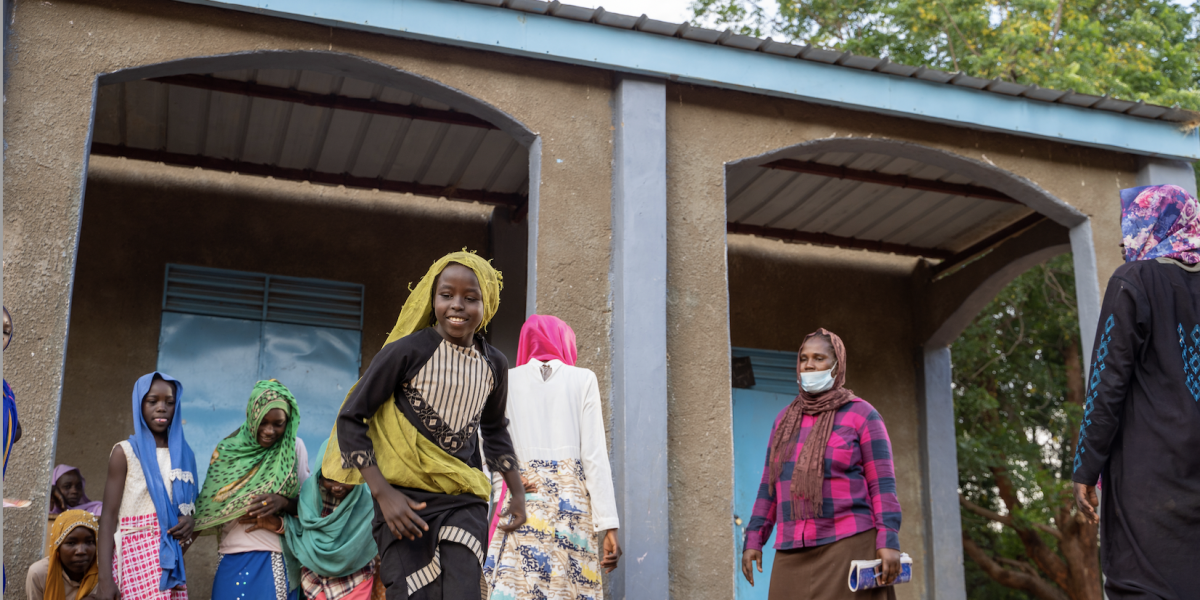UNHCR Releases Mid-Year Trends for 2021
17 November 2021

This month, UNHCR released their mid-year numbers reflecting an expected surge in the forcibly displaced worldwide. Formerly 82.4 million, UNHCR estimates that number to have exceeded 84 million before the year’s end. 68% of all refugees and Venezuelans displaced originate from just five countries: Syrian Arab Republic, Venezuela, Afghanistan, South Sudan, and Myanmar. Additionally, there have been 555,00 new claims for asylum, with the United States as the current largest recipient for these claims.
According to the report, “The number of active conflicts reached a record high in 2020, more than at any time since 1945, despite the COVID-19 pandemic and calls from the UN for a global ceasefire.” Moving into 2021, these conflicts heavily contributed to the spiking numbers, as well as the intensifying violence in several locations, including Afghanistan. However, these numbers are reflective up to June 30th, 2021, and do not account for the increase in asylum-seekers from Afghanistan that took place afterward.
As for Jesuit Refugee Service, we remain committed to accompanying refugees and other forcibly displaced people worldwide. Through a variety of programs spanning 57 countries, we’ve worked to help displaced individuals around the world. We serve refugees in camps and cities, individuals displaced within their own countries, asylum seekers in cities, and those held in detention centers.
As the need for service and accompaniment increases, as will the necessity of adequate and appropriate advocacy. At the time of the release of this report, UNHCR estimated that “developing countries hosted 85% of the world’s refugees and Venezuelans displaced abroad.”
In fact, “The Least Developing Countries provided asylum to 27% of the total.” JRS continues to advocate for just and generous policies and programs to benefit victims of forced displacement so that these people who have been made vulnerable by exile can receive support and protection, achieving a durable solution to their plight. One issue we heavily advocate for is increasing space in the United States for all asylum-seekers. As a highly-developed country, the question is not whether we have resources available but whether we’re willing to open our hearts to accompany the most vulnerable.
As UNHCR releases more data regarding the 2021 status of refugees and forcibly displaced people, there are still plenty of ways to accompany, advocate, and serve. You can contact your policymakers to demand their support; you can get involved directly with JRS through a variety of options, or you can give a monetary gift to support critical programs worldwide that aid refugees on their journeys.




